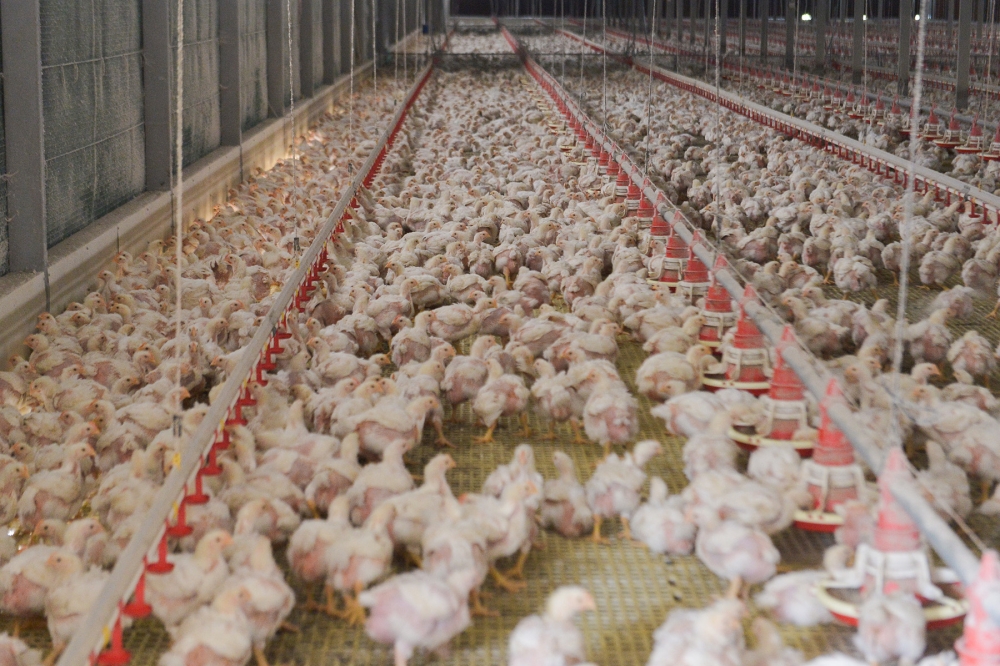HELSINKI, May 1 — Finland will finance a post-pandemic stimulus plan by taking on an additional 22 billion euros (US$26.5 billion) of debt under a spending plan agreed late Thursday following contentious talks that nearly fractured the ruling coalition government.
The Nordic nation, which has maintained some of Europe’s lowest rates of coronavirus infection, has also been spared the worst economic impacts and suffered only a 2.8 per cent fall in GDP last year compared to a 6.6 per cent EU average.
Nonetheless, last week Prime Minister Sanna Marin gathered her five-party, centre-left coalition to agree on additional spending for the coming four years to support the economic recovery.
Yesterday morning, Annika Saarikko, whose Centre Party repeatedly threatened to walk out of the discussions, told public broadcaster Yle that the deal reached late Thursday was “good enough”, even if major disagreements remain between the parties on future debt levels and employment policies.
The plan will see the additional spending capped at 900 million euros (US$1.1 billion) next year and then 500 million euros in 2023.
The parties agreed that spending will be cut from the transport and communications sector as well as in the areas of defence and justice in order to ensure debt levels don’t increase too fast.
Nevertheless, central government debt is to hit 59 per cent of gross domestic product by 2025, the government said.
One of the most contentious issues in the plan is 70 million euros to support Finland’s peat-burning industry as the country transitions to cleaner energy.
Yesterday morning, hundreds of peat producers descended on the capital in their lorries to demand more government support and deliver a petition demanding that the energy source be reclassified as renewable, a request dismissed as impossible by business minister Mika Lintila.
Although Finnish industries are now overwhelmingly turning away from peat energy, the Nordic country remains by far the EU’s largest burner of the dense organic material which, when dug up and burnt, has been known to poison waterways and is more polluting than coal. — AFP






















